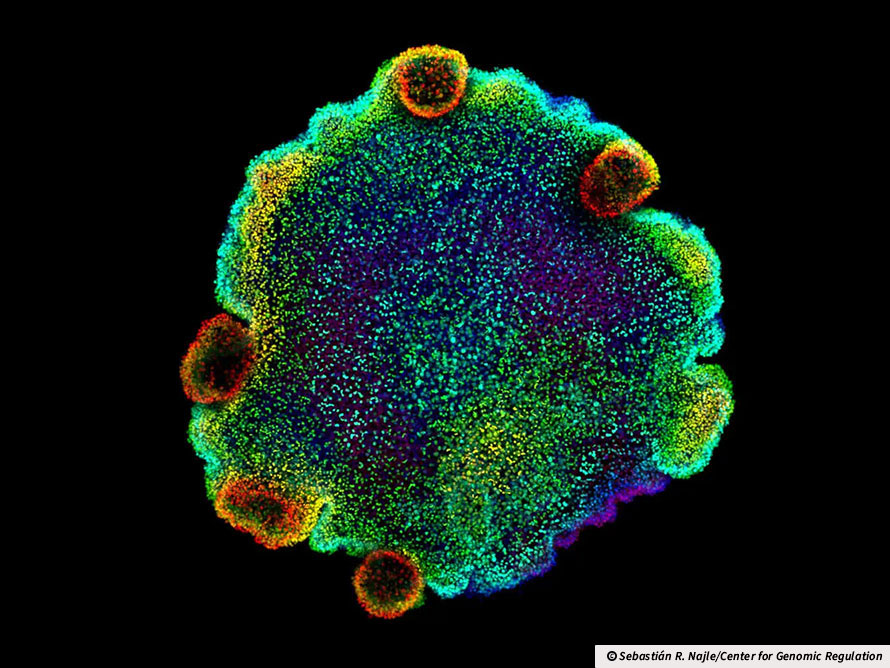Could she unlock the secrets of your mind? You may be tempted to underestimate these humble sea blobs, but think again. Scientists believe that they could hold the key to understanding the complexities of the human brain.
Meet Mrs Blobby, your great (x190m) granny
 Clever cells: New research shows that these little blobs may hold the key to understanding our nervous systems.
Clever cells: New research shows that these little blobs may hold the key to understanding our nervous systems. Glossary
Microbes - Very small living things, also known as microorganisms.
Amorphous - Without a clearly defined shape.
Blueprint - Design plans or drawing.
Fission - Splitting into two or more parts.
Amoebas - Single-celled animals.
Peptidergic - Neurons that secrete peptide hormones.
Amino acids - Organic compounds which form the basic constituents of proteins.
Neurons - Neurons, also known as nerve cells, are cells in the nervous system that use chemical or electrical signals to transmit information throughout the body.
Menial - Jobs that do not require much skill.
Bacteria - A large group of single-cell microorganisms. Some cause disease in animals and humans.
Archaea - A group of micro-organisms that are similar to but very evolutionarily different from bacteria.
Extraterrestrial - Anything from outside Earth.
